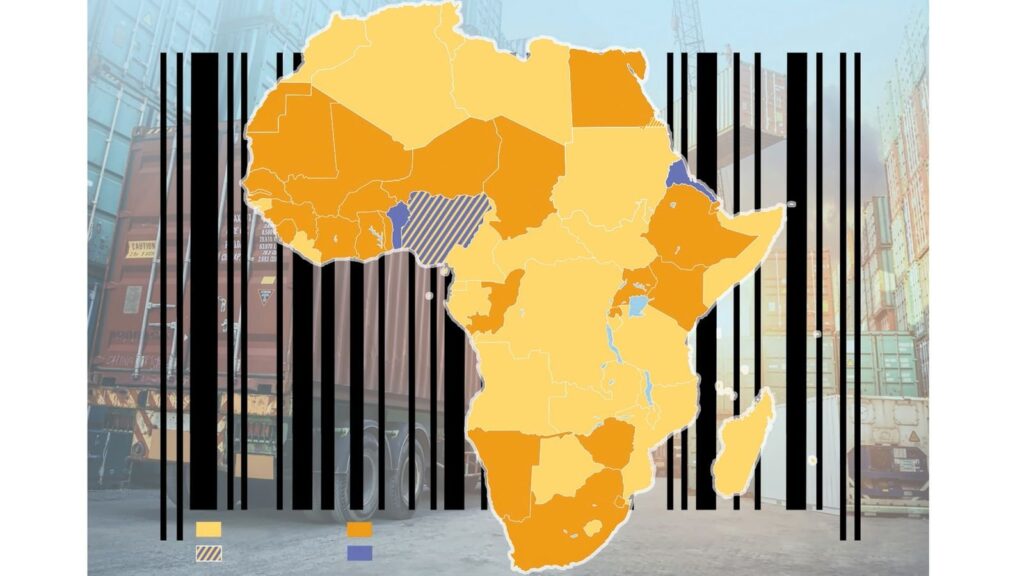Recently, while visiting the Santa Fe Plaza in New Mexico, USA, I was captivated by the sight of a jubilant wedding party. The groom, impeccably dressed, was not just prepared to impress his bride but also to earn the trust of all in attendance. This moment drew me into deep thought about how similarly, a nation must ‘dress’ its economic policies to foster prosperity among its citizens. During the visit, a friend of mine, Tony Mbandi, excitingly introduced me to the concept of Africapitalism developed by Nigerian entrepreneur Tony Elumelu. This philosophy champions the role of the private sector in Africa’s development by encouraging investments that generate both economic prosperity and social wealth. It aligns closely with the Green Thinking Action Party’s own framework, which rests on three pillars: Ethics and Effective Governance, Sustainable Wealth Creation, and the Dignity of the Household. These principles ensure that development initiatives are conducted with integrity, generate lasting economic benefits, and uphold the welfare of every family.
Firstly, Kenya’s heavy reliance on agriculture and tourism makes it vulnerable to external shocks. Africapitalism advocates for a pivot to technology and manufacturing, sectors that promise greater stability and job creation. Initiatives like the “Konza Technopolis,” aiming to foster a Silicon Savannah, can be a beacon of innovation and employment. To support this shift, policies should provide unprecedented tax incentives and infrastructure support to budding industries. Globally, the technology market is poised to grow from $8.6 trillion in 2021 to over $11.8 trillion by 2025. Countries like Germany and India have reaped substantial benefits from a strong focus on manufacturing and technology, respectively, with India’s significant investment in digital infrastructure leading to a surge in GDP and tech-driven employment. These trends illustrate the potential gains Kenya could achieve by carefully nurturing these sectors.
Secondly, despite progress, significant portions of Kenya’s population remain excluded from formal financial services. Africapitalism encourages the expansion of mobile banking and microfinance solutions tailored to rural and underserved communities, ensuring that small enterprises and individual entrepreneurs can thrive. Globally, Singapore stands as a prime example of successfully leveraging fintech innovations to enhance financial inclusion. However, it is crucial to avoid overtaxing this sector as high taxes can stifle innovation and deter investment, potentially slowing the growth necessary to bridge the financial inclusion gap.
Thirdly, while Kenya’s achievements in renewable energy are commendable, there remains vast potential to expand and innovate further. We must not rest on our laurels but rather leverage our success to set even higher goals. By enhancing energy storage technologies and improving grid infrastructure, Kenya can manage more intermittent renewable sources and increase energy exports to neighboring countries, boosting regional stability and economic integration. This out-of-the-box thinking not only secures our energy future but also positions Kenya as a powerhouse in sustainable energy development in Africa.
Lastly, trust between the government and its citizens is crucial for economic stability. Recent controversies, such as objections to the Finance Act 2024, which raised concerns among entrepreneurs about increased taxation, highlight the need for homegrown consultative policies that are transparent and beneficial for the long-term. Africapitalism suggests that embracing open governance, where policy-making processes are transparent and inclusive, can strengthen this trust. Doubt the cost of revising controversial parts of the Finance Act? Consider the higher price of losing the trust of Kenya’s private sector and its people. History shows that economies like Venezuela suffered greatly from mistrust and mismanagement, leading to severe economic downturns. I believe the Kenyan government is doing its best, and it is in this spirit of precaution that we must stay vigilant and responsive to any signs of mistrust or policy missteps.
Just as a groom at a wedding ensures he is well-prepared to foster a lasting relationship, our governments and private sector alike must align policies to effectively ‘marry’ Africapitalism with national development goals. This approach ensures a sustainable, prosperous Kenya, rooted in ethics, wealth, and family dignity. Think green, act green!



